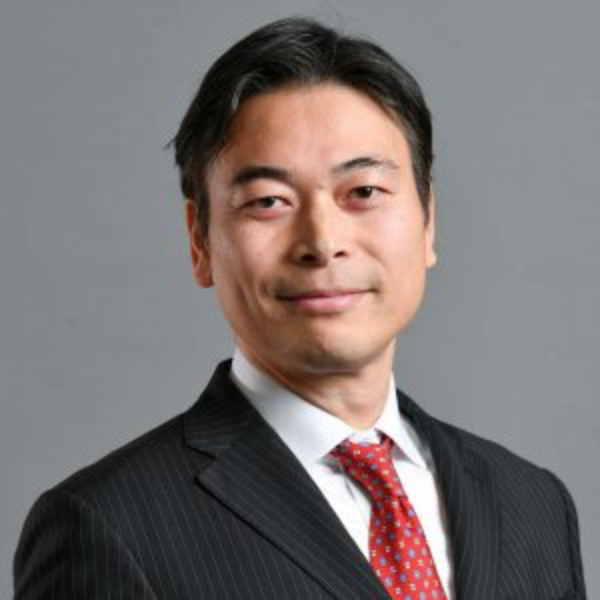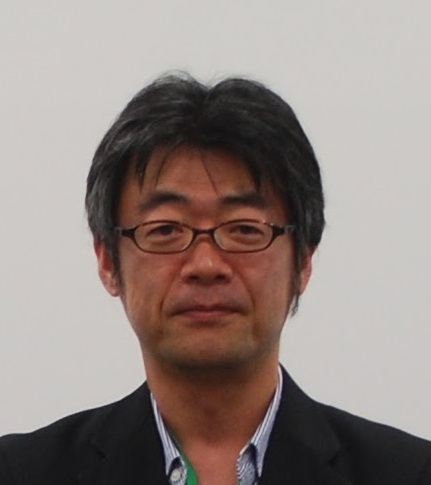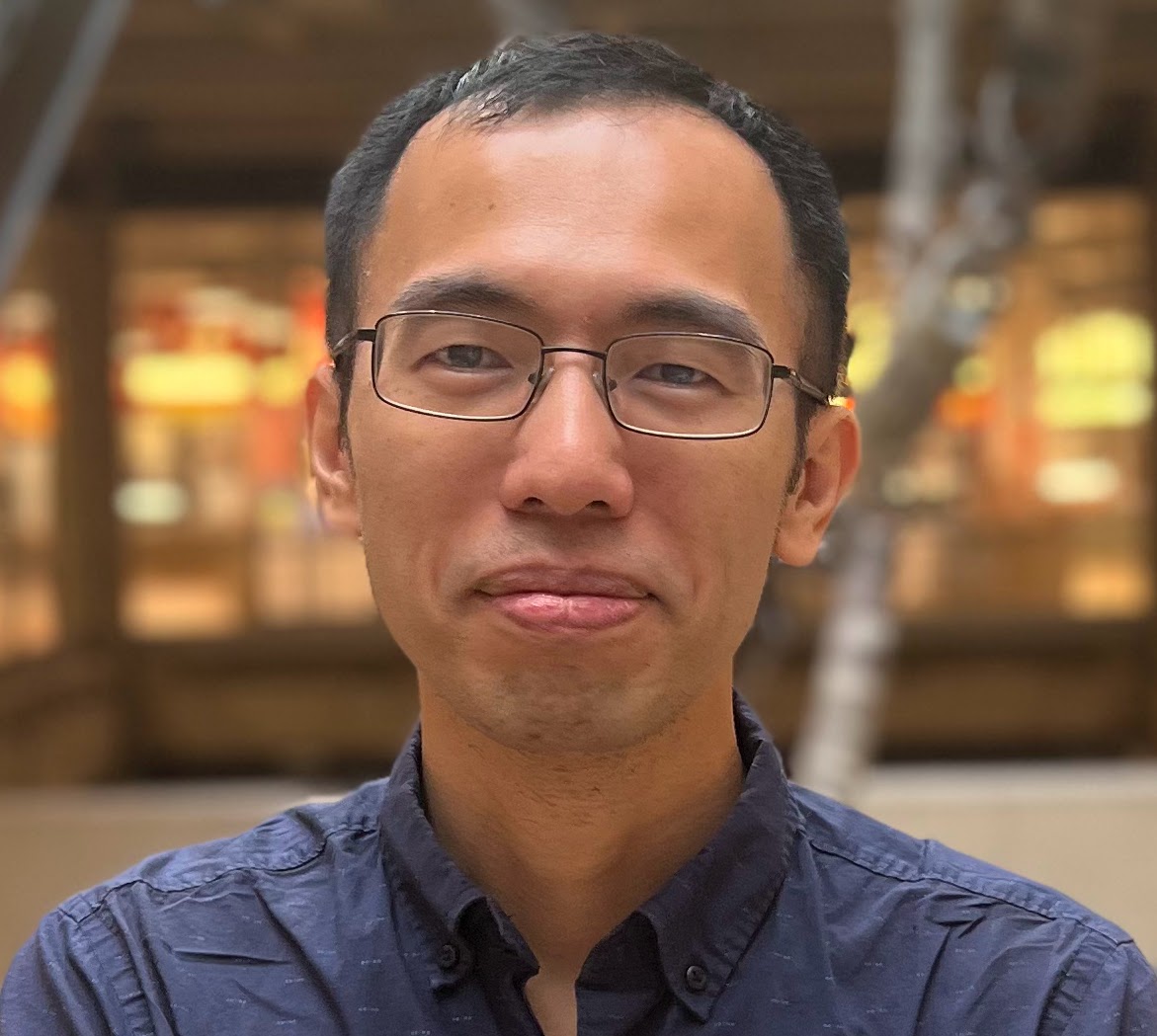Keynotes
Keynote I title: Social Media Mining: A Bountiful Frontier in AI

Speaker: Prof. Huan Liu
Professor, Ira A. Fulton Schools of Engineering, Arizona State UniversityChair: Prof. Jen-Wei Huang
Abstract
Social media data differs from conventional data in many ways. It is not only big, but also noisy, linked, multimodal, and user generated. Unprecedented opportunities thus emerge for researchers in AI through the lens of social media data. In this talk, we use examples to illustrate (1) fundamental problems associated with social media, challenging common practice and existential understanding in machine learning and data mining, (2) intriguing questions, unique to social media, that can be answered by mining social data, and (3) how we can make a difference – that is, contributing to society at large - by developing novel socially responsible AI algorithms in our work on social media mining and AI. There are ample opportunities for interdisciplinary collaborations in AI. We further contemplate the role of social media mining in the rapid development of AI and associated research issues.
Biography
Dr. Huan Liu is a professor of Computer Science and Engineering at Arizona State University. He is the recipient of the ACM SIGKDD 2022 Innovation Award for his outstanding contributions to the foundation, principles, and applications of social media mining and feature selection for data Mining. At ASU, he was recognized for excellence in teaching and research in Computer Science and Engineering. He co-authored the textbook, Social Media Mining: An Introduction, by Cambridge University Press. He is Editor in Chief of ACM TIST, Founding Field Chief Editor of Frontiers in Big Data, its Specialty Chief Editor of Data Mining and Management, and a founding organizer of the International Conference Series on Social Computing, Behavioral-Cultural Modeling, and Prediction. He is a Fellow of ACM, AAAI, AAAS, and IEEE. Prof. Huan Liu’s web page is https://www.public.asu.edu/~huanliu/
Keynote II title: Cooperative Social Service design utilizing distributed resources with IoT devices

Speaker: Prof. Kenji Tanaka
Associate Professor, Associate Professor, the Department of Technology Management for Innovation, The University of TokyoChair: Prof. Kun-Ta Chuang
Abstract
It can be said that the future society will have millions of consumers and prosumers interacting each other bi-dictionary. Distributed resources plays important roles for present cities and society in the energy sector, where demand-side resources such as roof-top solar panels and electric vehicles are emerging, and in the logistics sector, where there is a wide range of stakeholders. It is important to utilize those distributed resources by providing incentives to cooperate with each other. This presentation will introduce distributed cooperative social systems and services that also utilize digital technologies such as blockchain and machine learning, while presenting research cases in the fields of peer-to-peer and trading in the electric power sector and logistics.
In this presentation, I will discuss data-driven social system design and its future possibilities. Thus advancement enables us to In this session, we will discuss new distributed cooperative social systems and services that also utilize digital technologies such as blockchain and machine learning, while introducing research cases of peer-to-peer and trading in the power sector and the logistics sector.
Biography
Kenji Tanaka is an associate professor at the Department of Systems Innovations at Graduate School of Engineering in the University of Tokyo. He received the B.E. degree in Naval Architecture in 1998, the M.E. degree in Information Engineering in 2000, the Ph.D. degree in Systems Innovation in 2009 from the University of Tokyo, Japan. He started his career at Mckinsey as a management consultant. He joined a private equity investment firm, Japan Industrial Partners as an investment officer. He restarted his academic carrier at the University of Tokyo as an assistant professor in 2006. His research projects include data driven social system design in energy and logistics utilizing IoT devices. Social system design, energy, logistics, distributed system management, blockchain, EVs, Peer-to-peer, digitalgrid.
Keynote III title: Recommendation Based on Personal-values: beyond Recommending What You Might Prefer

Speaker: Prof. Yasufumi Takama
Professor, Faculty of System Design, Tokyo Metropolitan University, Japanchair: Prof. Lieu-Hen Chen
Abstract
The recommendation is a technology for suggesting items of interest to users. Under the data-rich but information-poor environment in our society, recommender systems have been playing crucial roles in supporting our efficient information access. While the most successful application domain is e-commerce, recommender systems have the potential to support our daily lives in various ways, such as behavior change support. For such future directions, we think considering users’ personal values in recommendations is important. This talk introduces the framework of modeling users’ personal values as well as introducing it to recommender systems.
Biography
Yasufumi Takama received a Dr. Eng. Degree from the University of Tokyo, Tokyo, Japan in 1999. He was a JSPS (Japan Society for the Promotion of Science) Research Fellow from 1997 to 1999. From 1999 to 2002 he was a Research Associate at Interdisciplinary Graduate School of Science and Engineering, Tokyo Institute of Technology in Japan. From 2002 to 2005, he was an Associate Professor at Department of Electronic Systems and Engineering, Tokyo Metropolitan Institute of Technology, Tokyo, Japan. From 2005 to 2013, he was an Associate Professor at Faculty of System Design, Tokyo Metropolitan University, Tokyo, Japan. Since 2014, he has been a Professor at Faculty of System Design, Tokyo Metropolitan University, Tokyo, Japan. He also participated in PREST (Pre-cursory Research for Embryonic Science and Technology), JST (Japan Science and Technology Corporation) from 2000 to 2003. His current research interest includes information recommendation, Web intelligence, information visualization, and intelligent interaction. Dr. Takama is a member of IEEE, ACM, IEICE (Institute of Electronics, Information and Communication Engineers), JSAI (Japanese Society of Artificial Intelligence), and IPSJ (Information Processing Society of Japan). Prof. Yasufumi Takama’s web page is https://krectmt3.sd.tmu.ac.jp/~takama/index-e.html
Keynote IV title: Building Speech-to-Speech Translation System for English-Hokkien

Speaker:Peng-Jen Chen
Research engineer at Meta AIChair:Prof. Chung-Hsien Wu
Abstract
Speech is the most important way to communicate for people who speak languages without a standard writing system. There are almost 3000 languages are unwritten languages, and building speech-to-speech translation technology is important to break the language barrier for unwritten language speakers. In this talk, we will walk through the speech-to-speech translation research that Seamless Communication team at Meta AI has developed in the past few years, and how we leverage these learnings to build a speech-to-speech translation system for a real-world language without standard writing systems. We will use English-Taiwanese Hokkien as a case study to present our end-to-end solution from training data collection, and modeling choices to benchmark dataset release.
Biography
Peng-Jen Chen is a research engineer at Meta AI. He received a B.S. degree in 2007 and an M.S. degree in 2009 in Computer Science and Information Engineering, at National Taiwan University. He joined Meta as a machine learning engineer in 2012 and started working on research projects as a research engineer at FAIR in 2018. His research project includes low-resource machine translation, speech-to-speech translation, and speech-text joint pretraining.